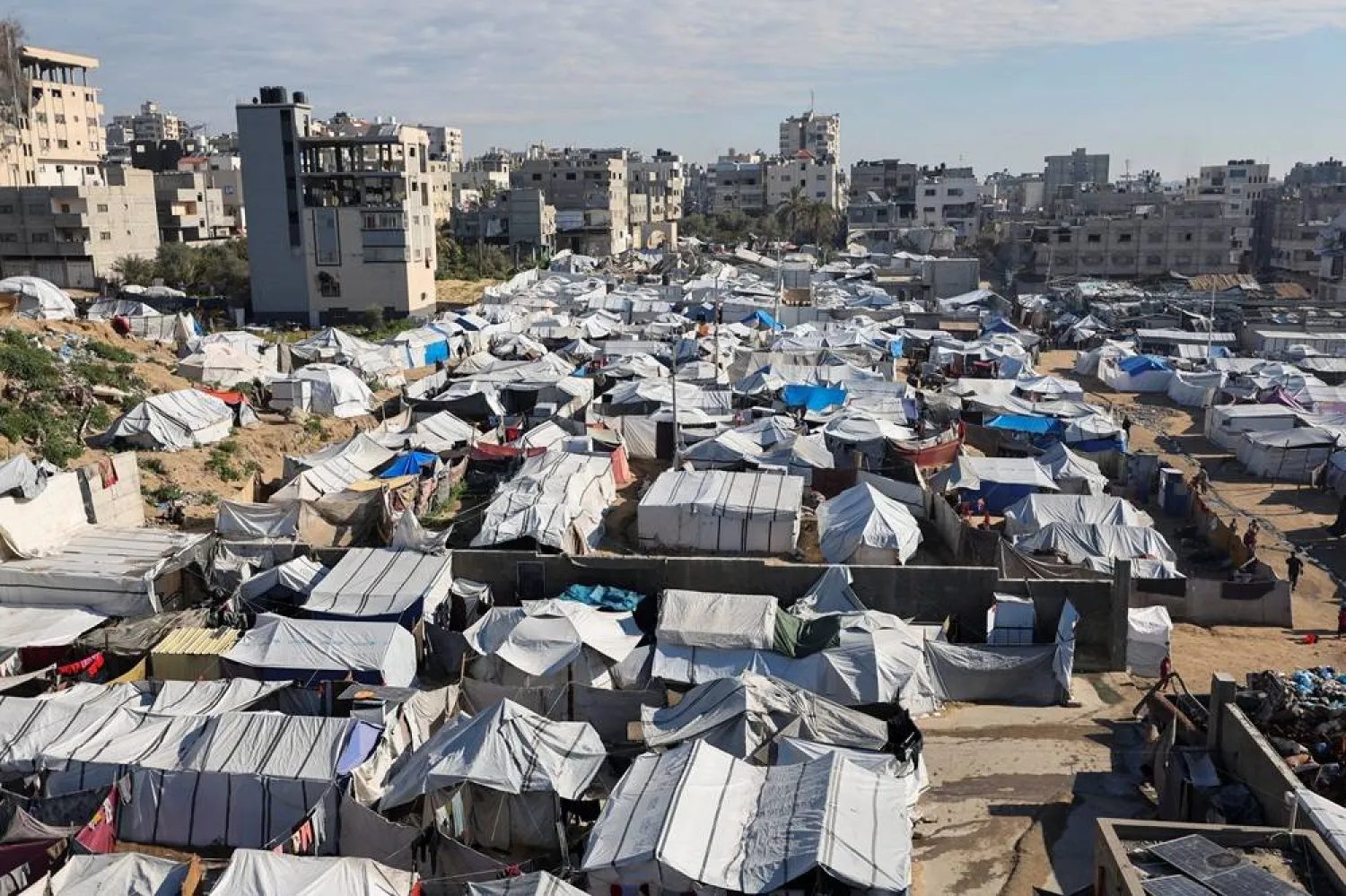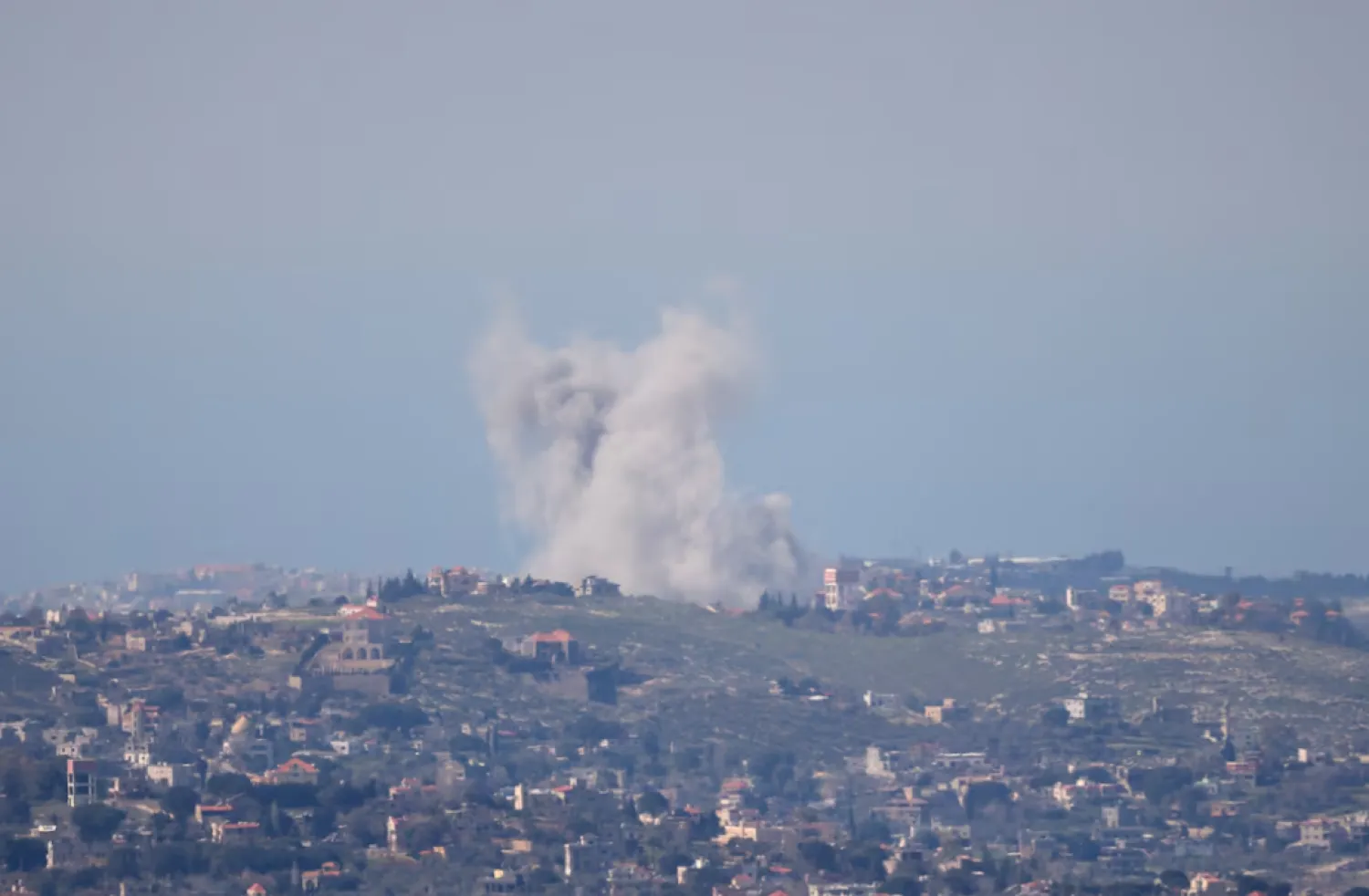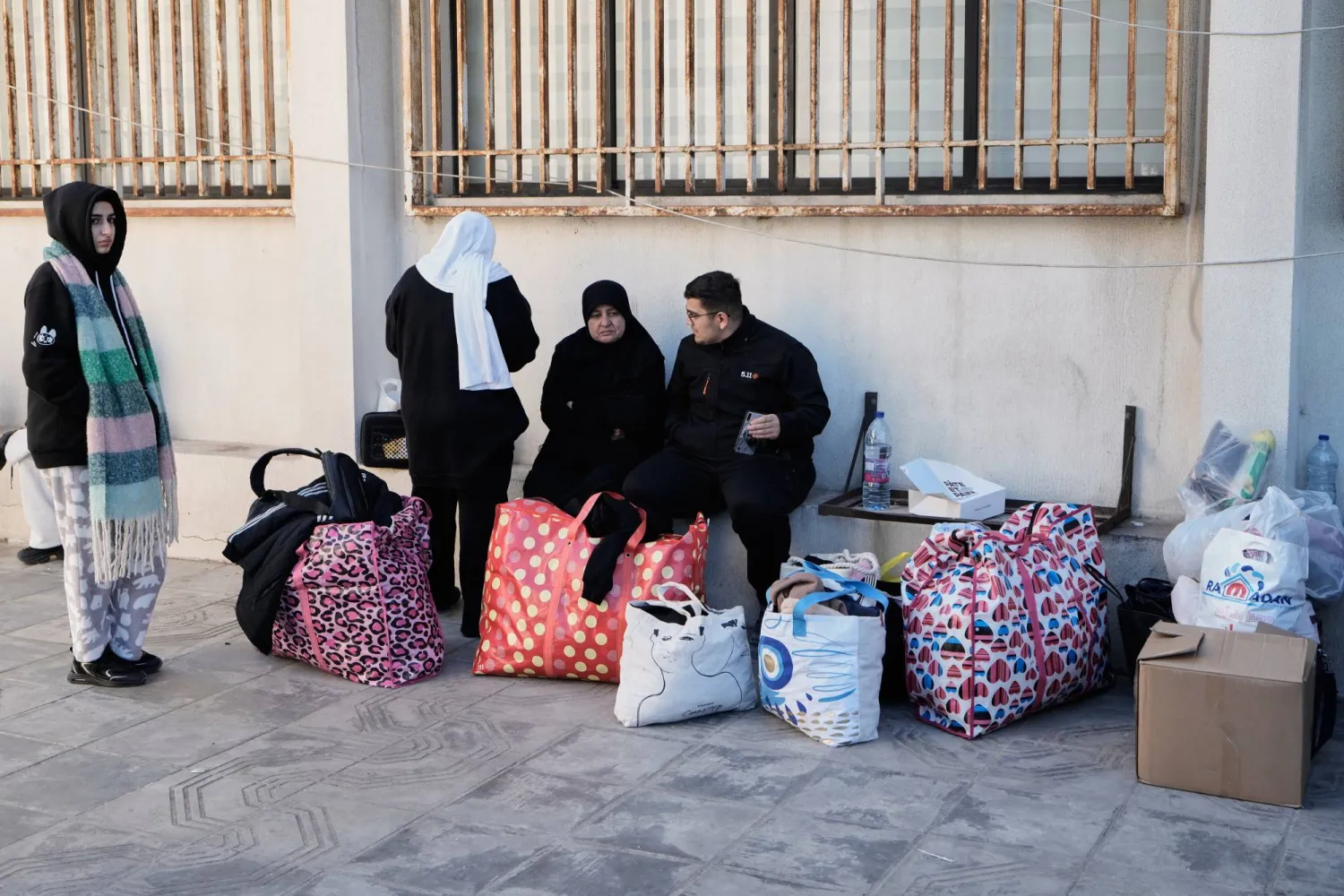UN Security Council members held Monday closed consultations on Lebanon and received an update on the implementation of the cessation of hostilities agreement between Israel and Hezbollah.
The meeting welcomed the January 9 election of former Lebanese Army Commander Joseph Aoun as President and the appointment of a new Prime Minister, Nawaf Salam.
UN Secretary-General Antonio Guterres will travel to Lebanon on Friday for a solidarity visit with the country and its people, his spokesperson announced on Monday during his daily briefing from New York.
Monday’s closed consultations at the Security Council were proposed by France, the penholder on Lebanon.
Special Coordinator for Lebanon Jeanine Hennis-Plasschaert and Under-Secretary-General for Peace Operations Jean-Pierre Lacroix briefed the meeting on the implementation of the November 27 cessation of hostilities agreement between Israel and Lebanon ahead of the expiry of the 60-day deadline outlined in the agreement for the Israeli army to withdraw south of the Blue Line and, in parallel, for the Lebanese army to deploy to positions south of the Litani river.
The announcement of the cessation of hostilities frames the agreement as a set of “understandings” that reflect “steps to which Israel and Lebanon are committed” in order to fully implement Resolution 1701.
Adopted in 2006, Resolution 1701 called for a cessation of hostilities between Israel and Hezbollah based on a series of principles, including the establishment between the Blue Line and the Litani river in Lebanon of “an area free of any armed personnel, assets and weapons” other than those of the government of Lebanon and the UN Interim Force in Lebanon (UNIFIL), as well as “no foreign forces” in Lebanon without its government’s consent.
It also notes that the Lebanese army will begin carrying out several tasks, including dismantling unauthorized infrastructure and confiscating unauthorized arms and related materiel in the UNIFIL area of operations.
According to a 4 January AP article, Israel has “stopped attacking Hezbollah in most areas of Lebanon,” while launching “regular airstrikes” on what it says are Hezbollah sites in southern Lebanon and in the Bekaa Valley.
In a 26 December 2024 statement, UNIFIL expressed “concern at continuing destruction by the Israeli army in residential areas, agricultural land, and road networks in south Lebanon.”
According to media reports, the US is apparently seeking an extension of the 60-day deadline stipulated in the agreement for the respective withdrawal and deployment.
In its statement, UNIFIL urged Israel and Lebanon to utilize the mechanism outlined in the cessation of hostilities agreement to address any outstanding issues.
This refers to a reformulated version of the tripartite mechanism established following the 2006 war between Israel and Hezbollah and then turned into a five-member mechanism that includes France and the US—which chairs the mechanism—and is hosted by UNIFIL.
The revised mechanism is tasked with monitoring, verifying, and assisting in “ensuring enforcement” of the commitments outlined in the cessation of hostilities and Resolution 1701.
UNIFIL’s statement further said that the mission is working closely with the Lebanese army “as they accelerate recruitment efforts and redeploy troops to the south” and that it stands ready to support Israel and Lebanon to meet their obligations, including regarding the absence of any armed personnel, assets or weapons other than those of the government of Lebanon and UNIFIL south of the Litani river, as well as respect for the Blue Line.
During Monday’s closed-door meetings, Hennis-Plasschaert briefed the Security Council on positive developments seen in recent weeks in Lebanon, welcoming the January 9 election of the new President and the nomination of Salam to form the country’s new government.
She said the two developments offer “an opportunity to pave the way for progress towards consolidating the cessation of hostilities and preserving the country’s security and stability.”
Hennis-Plasschaert also urged the formation of a government as soon as possible to follow the caretaker cabinet headed by Najib Mikati.
Presidential Statement
At the time of the closed-door meeting, Council members were negotiating a draft presidential statement circulated by France on January 9.
The draft statement welcomes Aoun’s election and stresses the importance of the formation of a government.
Diplomats told Asharq Al-Awsat the statement also apparently welcomes the cessation of hostilities between Israel and Lebanon and calls for the full implementation of the ceasefire agreement and the respect of Resolutions 1701, 1559 and 1860.
The draft presidential statement was not immediately adopted amid concerns that it would risk complicating de-escalation and compliance with the agreement on the ground.









